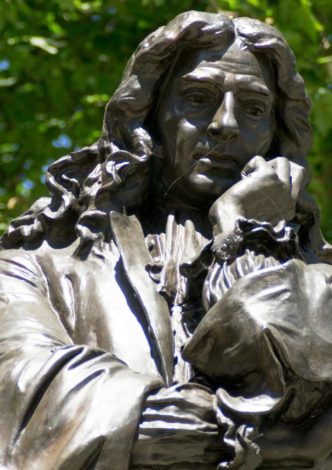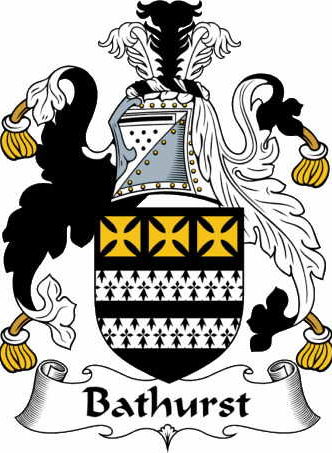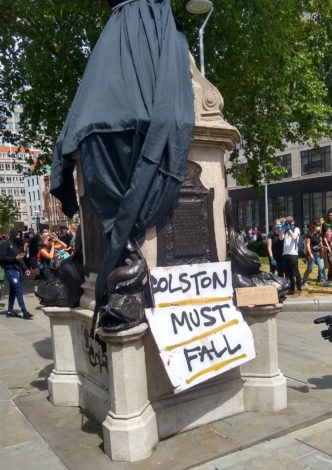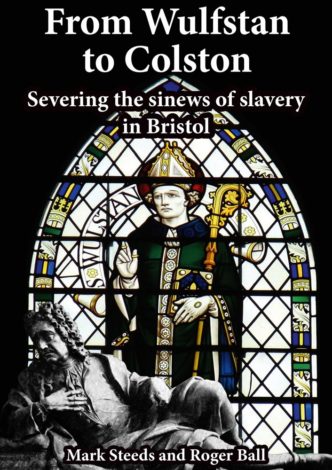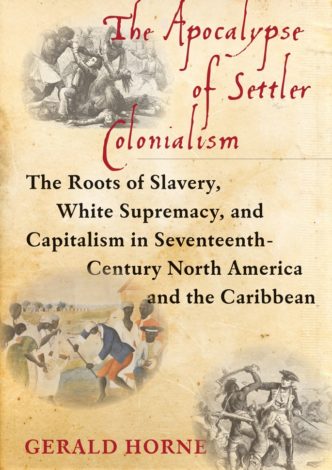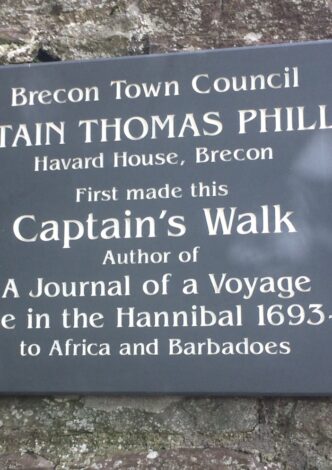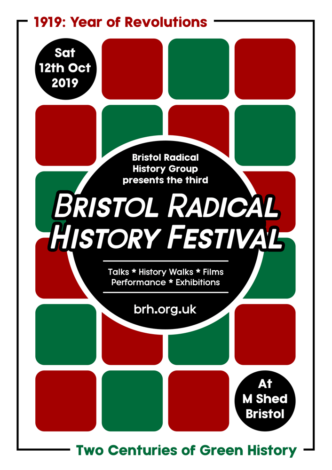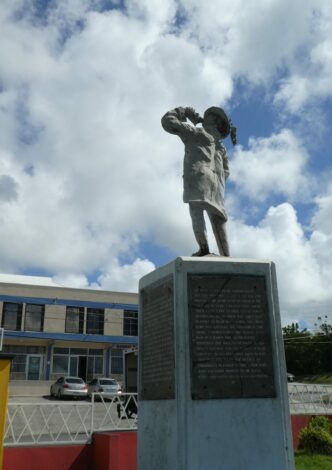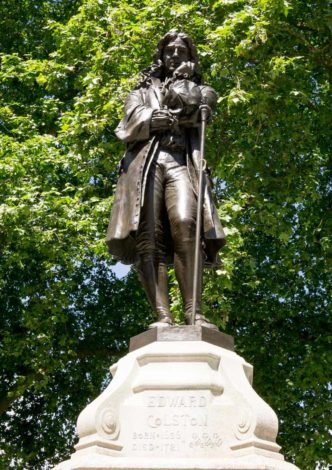A silent clause When Edward Colston died in 1721 we can be fairly certain that before long his body had disintegrated into dust. To talk of Colston, therefore, is meaningless unless we recognise that our knowledge of that long dead figure will always be dependant upon how we read, interpret and understand the historical record which is made up of histories, biographies, memoirs, documents, images, statues and artefacts. And because most of the historical record was created, constructed, produced […]
1754 – 1831 Lydney Town Council has attempted to ban a Black Lives Matter event arranged to take place in Bathurst Park, Lydney at 2 pm – 4 pm Saturday 20 June. Forest of Dean Black Lives Matter has issued a statement on their Facebook Page which includes the following: We cannot continue to allow this oppression in our society; the primary purpose of this event to begin with was to challenge this and to encourage change, it is sad that you have prevented from us doing so. We do not wish to, and […]
Over the last few years in arguments over the commemoration, celebration and memorialisation of slaver-traders we have been told many times that the so-called 'traditions' of Bristol must be protected. That is code for not changing anything; names of buildings, schools and statues, which are all part of the memorial landscape of Bristol created over the last couple of centuries largely by the merchant and business elite. Well, there is another great historical tradition in Bristol, that is […]
Tracing a thousand-year history, Mark Steeds and Roger Ball examine the involvement in slavery of Bristol’s merchants, from Anglo-Saxon times through the era of exploration and colonisation, to the transatlantic slave trade and the plantation system of the Americas. During this period, Bristol’s merchant elite seized economic and political power, making slave-trader Edward Colston an icon and shaping the city’s present-day historical memory of slavery. Throughout the millennium, determined […]
As you will have probably gathered from the title, Professor Gerald Horne wastes no time with mincing his words. The first paragraph of the Introduction is likewise refreshingly uncompromising about the position that the book takes: The years between 1603 and 1714 were perhaps the most decisive in English history. At the onset of the seventeenth century, the sceptered isle was a second-class power but the Great Britain that emerged at the beginning of the eighteenth century was, in many ways, […]
In the Welsh town of Brecon, upon an old wall, along Captains Walk (a name based on a fiction), is a slate plaque commemorating the life of a slave trader who resided in the town. The plaque was commissioned by Brecon Town Councillors in 2009, erected in October 2010 (during Black History Month), and makes no reference to the fact that Captain Phillips was a 17th century slaver. Captain Thomas Phillips was the commander of the infamous slave ship the Hannibal in the 1690s. He was directly […]
 Not A BRHG Event
Not A BRHG Event
By invitation of Pill Library and Children's Centre Crockerne House, Underbanks, Pill, BS20 0AT Wednesday, 19 February 2020 @ 2pm Author Rosemary Caldicott will be telling us about her book in which she investigated the intriguing histories of nautical women. These include stories of cross-dressing women who went to sea to earn a living and the mad, tragic and often funny consequences they encountered and endured. Living in or near Bristol, we’re all quite familiar with images of sailing ships – […]
Starts and leaves outside of the front of M Shed. Our first stop will be outside of the Merchant Venturers’ Almshouses (at the Broad Quay end of King Street), where the Merchant Venturers successfully petitioned for Bristol’s involvement in the ‘African Trade’ in 1698. We will cross Queen Square to Redcliffe Street and on to the Seven Stars. This will feature Abolitionists Thomas Clarkson, Wulfstan and the Quakers. On into Castle Park and Colston’s sugar refinery, past All Saints (where Edward […]
If you walk down Market Street in St. John’s, the capital of Antigua and Barbuda, you will come across a grand stone building that was once the court house and now known as the Old Court House. It was built in 1747 on the site of the first city market, and to its pride is the oldest building still in use in the city. The Old Court House was designed by prominent English-born architect, Peter Harrison and financed by a tax levied on Antigua’s slave owners. It has become the perfect home […]
Introduction Just over a year ago a project was launched to research, design and install a ‘corrective’ plaque on the statue of Edward Colston in Bristol City Centre. It was claimed by the originator of the idea, Bristol City Council’s Principal Historic Environment Officer, that the new version was needed to stop the statue being damaged by unauthorised ‘protest plaques’. Several of these have been fixed to the statue over the last couple of years and removed by Bristol City Council. It […]
